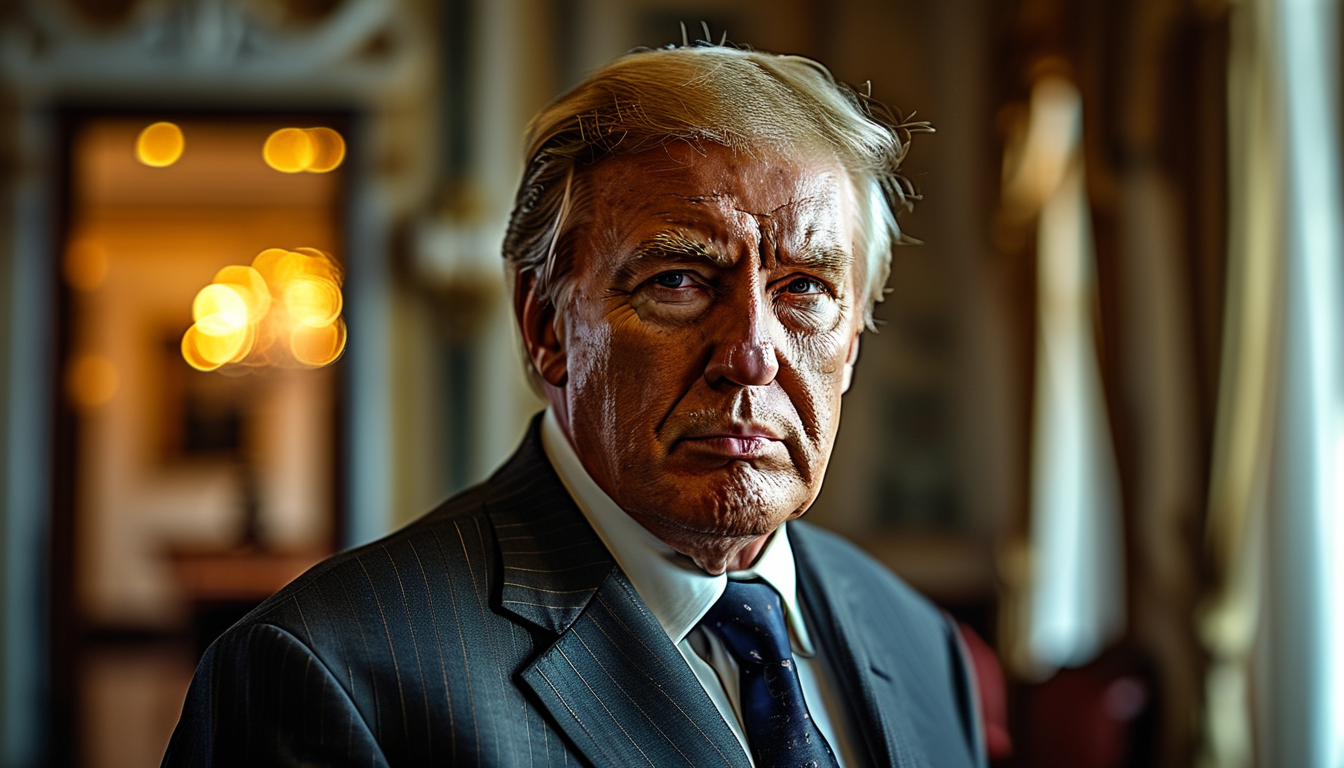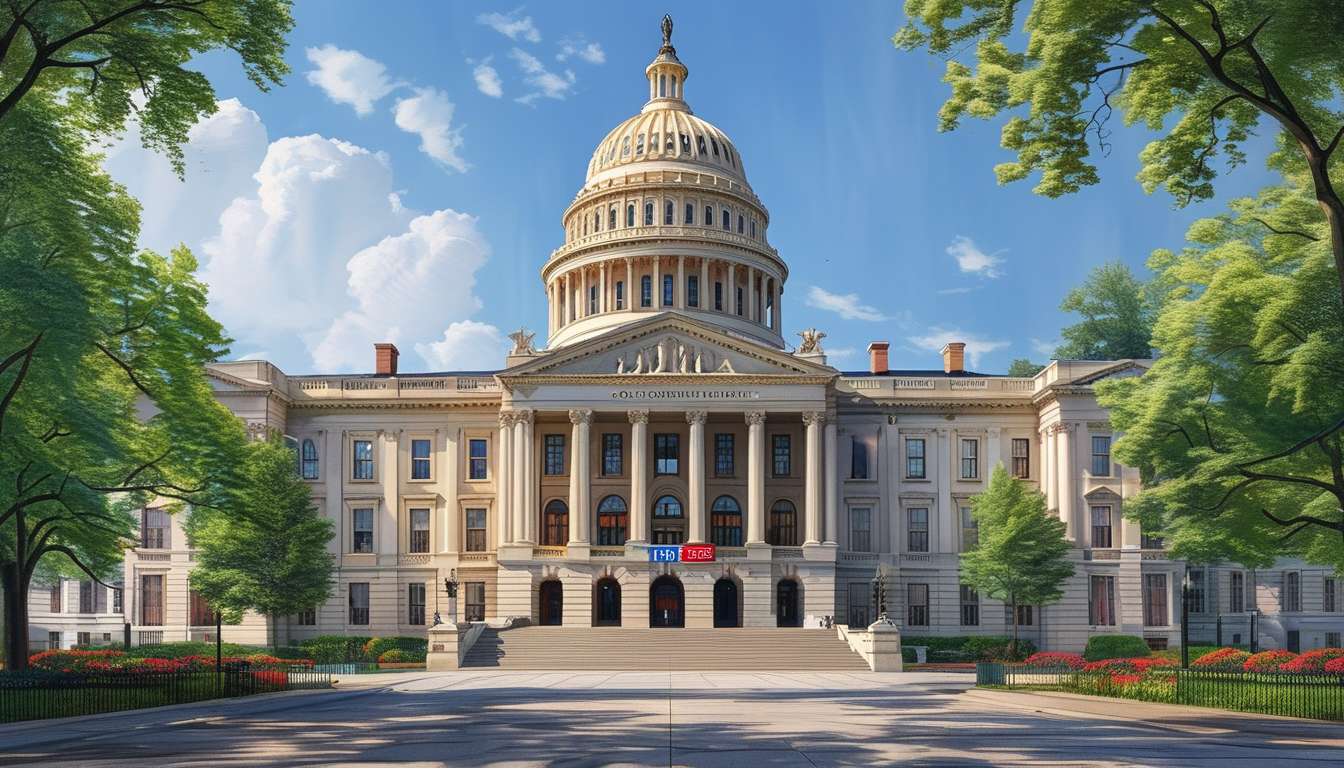Prosecutors Urge Judge to Rebuff Comey’s Bid to Dismiss Case — and with it, the Justice Department is staking out a maximalist posture in one of the most politically explosive prosecutions in recent memory. In a filing made public this week, government lawyers asked a federal judge to deny James Comey’s motion to toss the case, arguing that the indictment is firmly grounded in law and evidence and should proceed to trial, according to reporting by the New York Times.
Prosecutors Urge Judge to Rebuff Comey’s Bid to Dismiss Case
The government’s brief, as described by the Times, contends that Comey’s defense is asking the court to do what juries are empaneled to do: resolve factual disputes. Prosecutors say the motion misstates precedent and overreads constitutional protections that do not shield the conduct at issue. The thrust is familiar to anyone who’s watched a high-wire public corruption or national-security case: the government insists the rules apply even when the defendant once ran the FBI, and the defense says the prosecution is stretching those rules to make a political point.
Comey’s lawyers, in their bid to dismiss, have cast the case as a retaliatory campaign against a former FBI director who documented his interactions with President Donald J. Trump and was fired in 2017. Their filing frames the prosecution as a misuse of federal power that chills dissent and rewrites norms on handling sensitive information. Prosecutors, for their part, reportedly told the court that the defense’s broadside is a smokescreen — that the indictment tracks statutory elements, that the facts are not in serious dispute, and that Comey is entitled to no special carve-outs. As the Times notes, the government’s posture signals it is ready to litigate this on the merits rather than retreat under claims of politicization.
There is a history here that neither side can wish away. Comey’s firing seven years ago detonated into special counsel inquiries, inspector general reviews, and congressional hearings. The Justice Department in 2019 declined to bring charges stemming from Comey’s handling of memos documenting his conversations with Trump. Now, a second-act prosecution raises a harder question: when administrations change, do prosecutorial appetites change with them — and if so, where does the rule of law end and the rule of winners begin? Those aren’t academic musings. They’re the practical stakes outlined by the filings, the courtroom calendar, and the Times’s account of the government’s case.
Legally, motions to dismiss in federal criminal cases are supposed to be narrow. Judges test whether an indictment states an offense and whether the law, as charged, is constitutional; they don’t weigh evidence. If prosecutors have accurately framed the posture — and the New York Times report indicates that’s their view — then the court could be inclined to deny the motion and let a jury do its job. But the inverse is just as consequential: if the judge accepts Comey’s argument that the case conflicts with First Amendment principles, separation-of-powers concerns, or established DOJ practices, the dismissal would set a precedent limiting how far future administrations can go in pursuing political antagonists.
No matter how the judge rules, the implications reverberate beyond one defendant. A green light to proceed will embolden prosecutors in sensitive cases and may chill senior officials who once relied on informal norms rather than black-letter rules. A dismissal would vindicate those warning against criminalizing policy or judgment calls, but it could also harden suspicions that Washington has two justice systems. Either outcome will be weaponized in our politics, and both force us to confront a grim reality: institutions are only as strong as the people running them and the public’s willingness to accept outcomes as legitimate.
Accountability doesn’t flourish in a vacuum; it requires transparency and restraint in equal measure. The path the court charts in this case will signal how our system balances independence with oversight, and whether partisan heat can be kept from melting the guardrails. However the judge rules, this is no small fight over procedural niceties. It’s a stress test for the Justice Department, for the courts, and for the proposition that the law, not the moment’s mood, determines who answers for what. For deeper context on the institutional stakes, see our Politics coverage, and the New York Times report that first detailed the filing here.












Leave a Reply